Global mobile penetration has been great, and the number of mobile internet users has surpassed 4.2 billion people. The need for excellent websites and mobile applications has surged as a result of this incredible development.
Expert web developers in Gomel, Belarus are highly sought after for web development that offers a refined user experience.
But, many websites just lack the elements necessary to give a positive user experience on a mobile device. A bulky website that takes longer to load, unresponsive pages, difficult mobile navigation, and elements that are not geared for touch are among the issues. In fact, people despise painfully slow websites so much that more than 53% of visits are abandoned if they take more than 3 seconds to load (Source: Google).
Because conventional websites are still finding it tough to cope with the changing industry, and native mobile app development is still seen as an additional business cost by many, progressive web apps seem to be a solution that offers all essential features without requiring much development cost or time.
A top web app development company in Gomel, Belarus can help your business get an outstanding web app.
What Exactly Is A Progressive Web Application (PWA)?
A Progressive Web App, or PWA, is a website that employs web-platform technologies to run on any browser, giving it the appearance and feel of a native mobile app. A PWA is a browser-based mobile application that works across all devices and screen sizes without sacrificing usability or functionality. These apps are created using web technologies such as HTML, CSS, and JavaScript. Businesses can now transform any website into a progressive web app with only a few tweaks, delivering many of the advantages of a native application without having to create one.
What Is the Difference Between Web Apps and Progressive Web Apps?
While we’ve already mentioned progressive web applications, there’s another phrase to be aware of: web apps. Web applications, also known as responsive web apps, are remote application programs that are given to users via a browser interface. Backend and frontend technologies such as HTML, CSS, JavaScript, Ruby, and Python can be used to construct a web app. The operation of these apps is dependent on the web browser, but they also make use of the device features on which they run.
A progressive web app, on the other hand, is a web app with certain additional capabilities. Because of these qualities, PWAs are the favored solution for providing an exceptional user experience.
Here are some cutting-edge PWA characteristics that developers at a leading web app development company in Gomel, Belarus integrate in the web apps to put them ahead of responsive web apps:
Home Screen
PWAs, like native applications, can be added to the device’s home screen. This allows users to begin utilizing the PWA without the need to install any space-consuming applications. While Android users may obtain icons directly on their home screens, iOS users must use the Safari browser’s ‘Add to Home Screen’ function, which limits its reach. However, once added, it functions very identically to the Android version, with all components on the backend but acting as a native app.
Push Notifications
The ability to receive push notifications through PWAs is the key distinction between PWAs and responsive web apps. Push notifications are an excellent approach to increasing brand loyalty by providing interesting discounts, new product releases, and general information.
Loads Faster
When a user initially loads the PWA on their device, the ‘App Shell’ code in the PWA caches to the device. Once completed, it may be run repeatedly without needing to load, decreasing loading time and delivering the experience of a real app. PWAs can operate in offline mode since the information has previously been cached, as long as they do not require internet-based elements for each run.
Offline functionality
One of the most significant characteristics of Progressive Web Apps is their ability to run without a steady internet connection. The caching mechanism allows all or part of the content to be locally cached the first time a user visits. This implies that the user can access this content and navigate through all of the PWA’s pages the next time they come, even if they don’t have internet connectivity.
Major Businesses That Have Adopted PWAs
PWAs’ success can be ascribed to the fact that numerous industry titans have chosen PWAs. Twitter, for example, debuted its PWA Twitter Lite in 2017, which had just 1 to 3 percent the size of a native app. Twitter saw a 65 percent increase in pages per session and a 20 percent fall in bounce rate due to decreased data usage and quicker loading.
Starbucks, Lyft, Uber, Patagonia, and Spotify are among the other big businesses that have embraced PWAs.
Do you want to take your business to the next level? Get in touch with experienced web app developers in Gomel, Belarus.
Future Of PWAs
If you’re contemplating whether you should invest in PWAs in 2022, the answer is obviously Yes. Progressive web apps enable companies to create and deploy their websites as applications in a seamless manner, with minimum development time and expense. Users can be turned into brand loyalists with PWAs by providing a high-quality product without installing an additional and bulky application. Furthermore, larger businesses can turn to the PWA market by providing limited access to their customers on a PWA and then allowing them to select how they want to continue.
Overall, you should invest in PWA since user experience is critical in this highly competitive environment. PWAs have several advantages over native applications and should be considered as part of your growth plan.
Zimble Code, a trusted web development company in Gomel, Belarus can help you build an efficient and high-performing web application for your business growth.

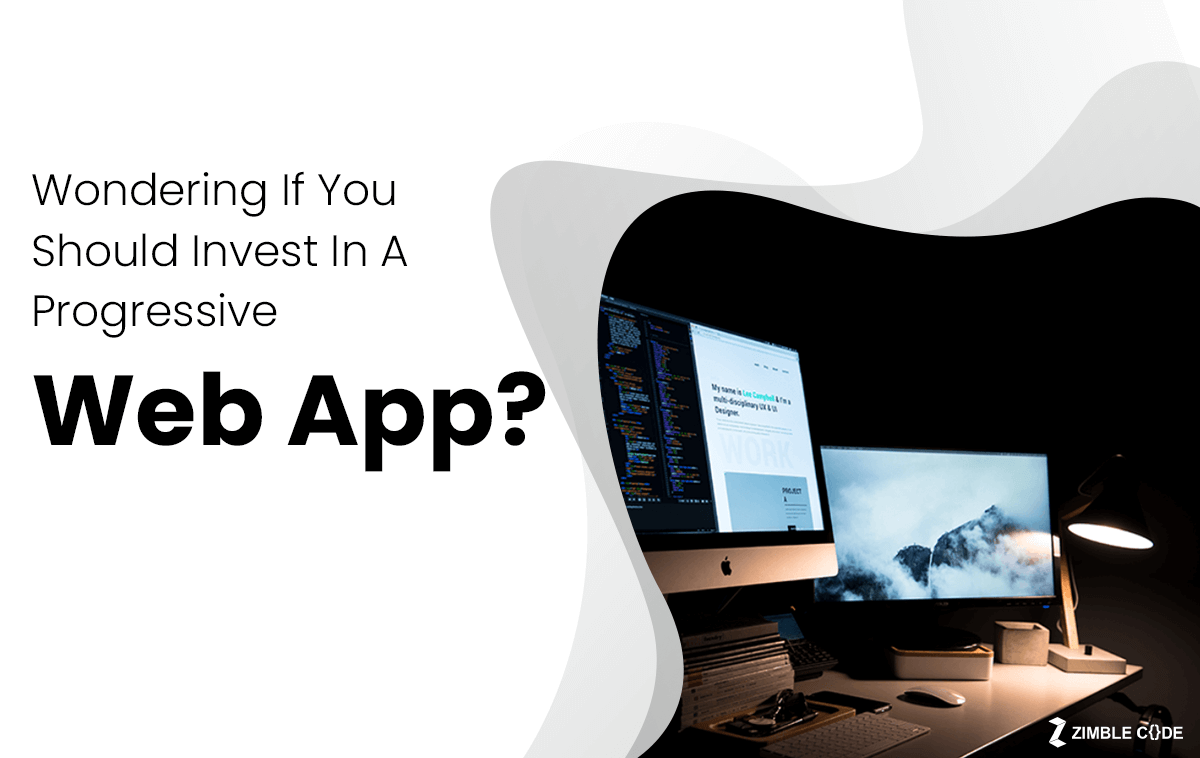
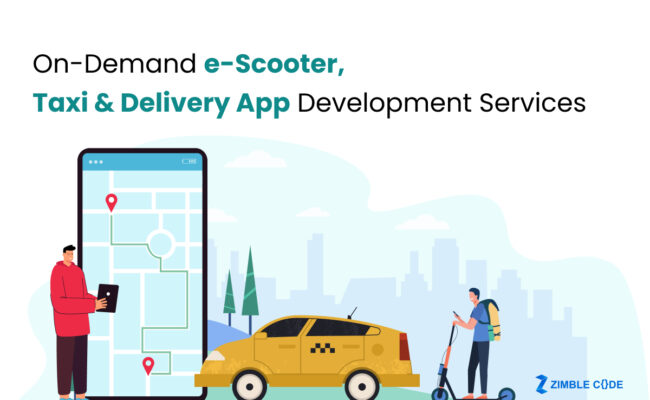

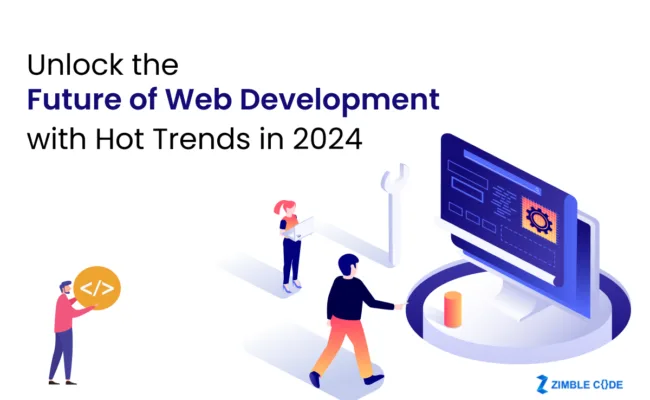
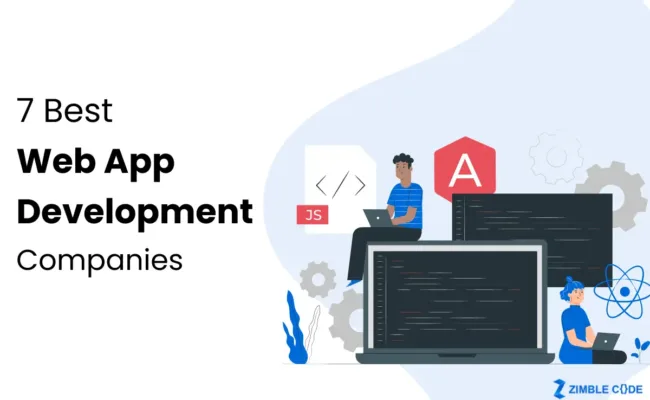
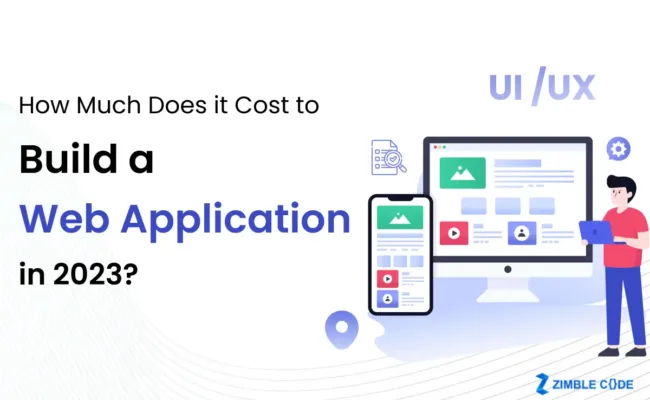

You have shared useful information in this blog, good going.